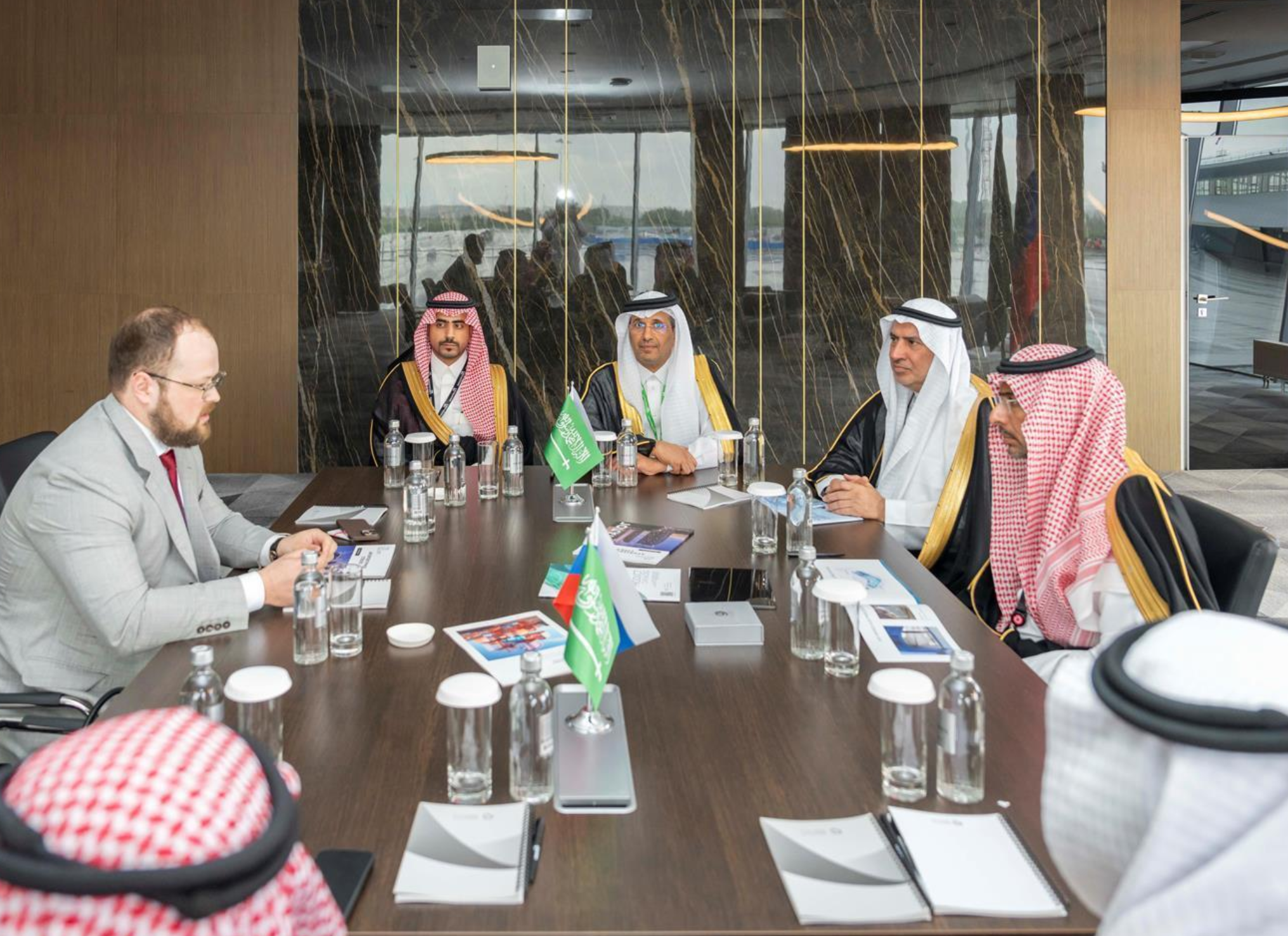
Industry Minister Explores Expanded Partnerships with Top Russian Companies
Minister of Industry and Mineral Resources Bandar Alkhorayef held high-level meetings with leading Russian industrial and mining companies during his official visit to the Russian Federation. The engagements aim to strengthen Saudi Arabia's international industrial ties, attract investment, and position the Kingdom as a global leader in industry and mining.
Key meetings included discussions with Alrosa, the world's largest diamond miner, on collaboration in the diamond industry, and gold miner Nordgold on technology transfer and Saudi Arabia's extensive 2025 exploration opportunities of 50,000 sq km. The minister met with float-glass manufacturer Salavat Steklo to explore industrial cooperation and investment incentives.
Alkhorayef held strategic talks with top titanium producer VSMPO-AVISMA on aerospace, automotive, and industrial sector collaborations, highlighting Saudi Arabia's 16,000 tons/year titanium sponge production, which is about 10% of global output. He met the Russian Aluminum Association chairman, emphasizing Saudi Arabia's ambition to become a global aluminum manufacturing hub, with plans to increase primary aluminum production from 1.8 million to 3 million tons annually.
The minister discussed investment opportunities in Saudi Arabia's food manufacturing sector with United Confectioners Limited, noting the Kingdom's position as the Middle East's largest food market -- SAR184 billion in 2023, projected to reach SAR248 billion by 2035 -- and ambitious investment goals exceeding SAR78 billion. The new Jeddah Food Cluster reinforces this ambition.
Alkhorayef expressed interest in using Russian technological expertise and invited Russian leaders to the fifth annual Future Minerals Forum in Riyadh next year. These engagements underscore Saudi Arabia's commitment to forging enduring industrial partnerships, accelerating economic diversification under Saudi Vision 2030, and deepening Saudi-Russian economic ties, reflected in the significant increase in non-oil trade from $491 million in 2016 to $3.28 billion in 2024.








